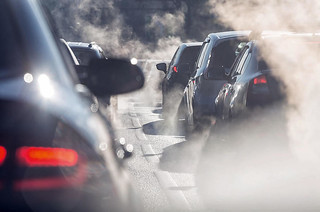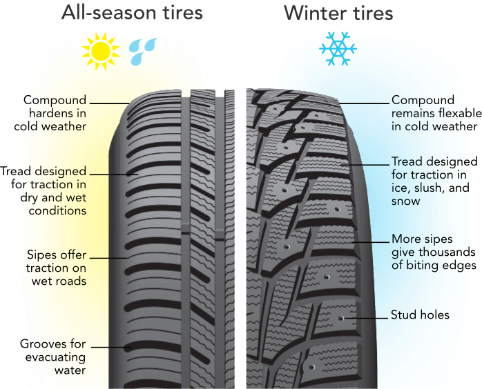Posted on 7/14/2023

Summer is here, meaning it's time to experience new things, make memories, and hit the road with your family & friends. One thing many people do not consider when they are making their travel plans, is the need to do summer road trip prep for their vehicle. More often than not, many drivers underestimate the importance of getting your car checked out by a technician before an important trip or family vacation, leading to problems such as a broken down car on the road, coolant problems, a malfunctioning engine, to name a few. That's why getting your vehicle looked at before any big summer vacation plans is essential to keeping you and your vehicle safe. Step 1: What You Can Do Before bringing your car into an auto shop, simple maintenance checks can give you a rough idea of your vehicles condition, example ... read more
Posted on 6/28/2023

Electric vehicles are now becoming the future of the automotive industry. From their easy to use interfaces to their sleek designs, these cars have solidified their place in history & have shown that they are here to stay. But along with the advantages of being more energy efficient and better for the climate, there are some problems that can come with owning an electric car, which is why in this article we will show you how to identify some common electrical car problems you may run into when driving your electric vehicle. Battery Degradation & Why It HappensBattery Degradation refers to the common occurrence of electrical car batteries diminishing over time affecting performance, range, and the longevity of the vehicle. This is a common electric car problem many Tesla, BMW iX, and Mercedes-Benz EQS owners eventually face driving an electr ... read more
Posted on 5/16/2018

Car exhaust smells can be caused by many different things. The exhaust port is an essential part of your car, as it neutralizes the harmful fumes that are produced by the engine. The smells coming from the back end can vary; including odors such as rotten eggs, sickly sweet scents, or smell of un-burnt fuel. These are all signs that something may be wrong, it is essential to bring your car into a shop such as ours. DJ Foreign Auto Care can diagnose these car smells and help fix significant problems in the exhaust or engine. Rotten Eggs A rotten egg smell is due to a chemical compound called hydrogen sulfide. It comes from the small amount of sulfur that is present in the fuel. Usually, the sulfur in the fuel converts to sulfur dioxide, which has no odor. When a catalytic conve ... read more
Posted on 4/25/2018

Summer or Winter Tires vs. All Season Tires: Which tires would be the best for my car? This is a question we get quite often at DJ Foreign Auto. It may come as a surprise to you, but we believe it is beneficial to get a pair of summer tires and winter tires. In the following blog, we at DJ Foreign Auto will provide you with the pros and cons of summer tires, including handling, temperature ranges and how summer tires manage heat. We also cover the appropriate weather conditions for each type of tire. What Makes a Summer Tire a Summer Tire? Summer tires, also known as performance tires, are called that for a reason. Performance tires are invented to produce excellent dry and wet traction along with precise handling. They are intended to be used during warm summer months, or all year in regions that don’t get a true winter (unlike us lucky folk up north). Why Summer Tires Perform Better in Heat and Rain ... read more
Posted on 3/21/2018

WHAT IS A BLOWN HEAD GASKET? “Blown head gasket" can be one of the scariest phrases in car culture. At DJ Foreign Auto Care, we know this is true. Even non-car people know the term and know it can be an expensive fix. Let's talk about your conventional head gasket, how to tell if you blew a head gasket, and steps you can take to prevent a blown head gasket. A CLOSER LOOK AT HEAD GASKETS A head gasket is a seal placed between the surfaces of an engine block and the cylinder head(s). It has two purposes: A head gasket, being part of the combustion chamber, helps to contain the combustion process for you to have a functioning engine. The head gasket provides a physical extension of the fluid passages from head to block. The fluids ... read more